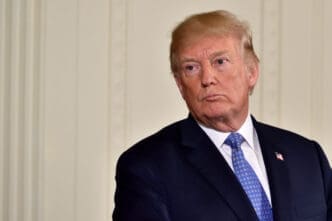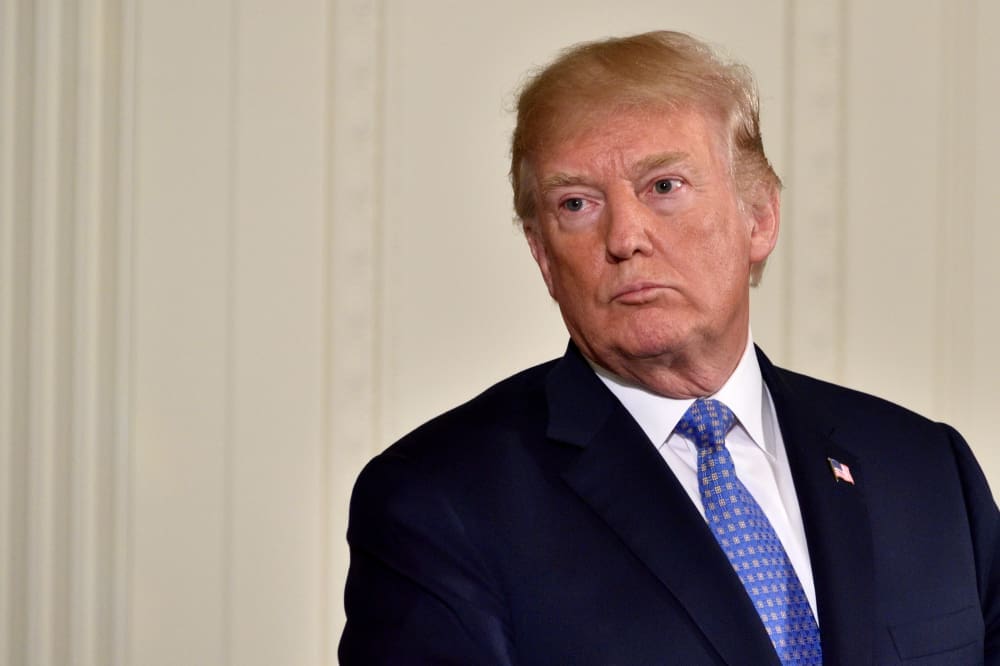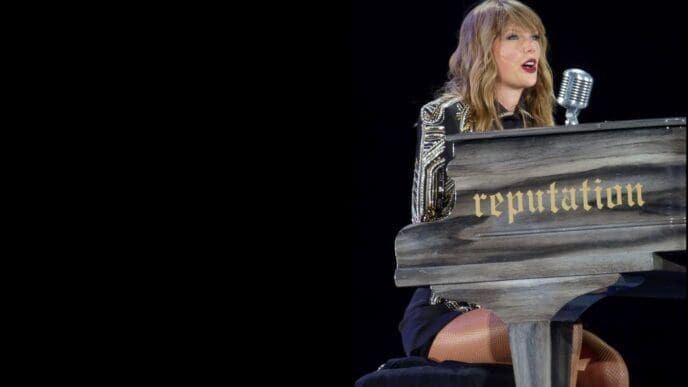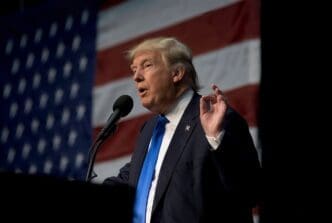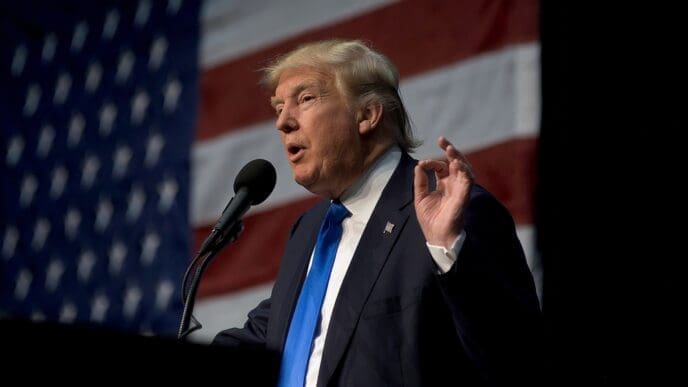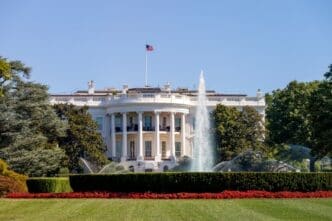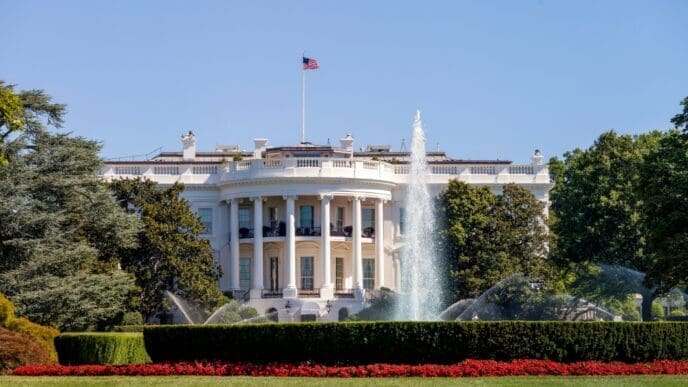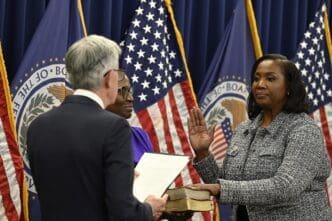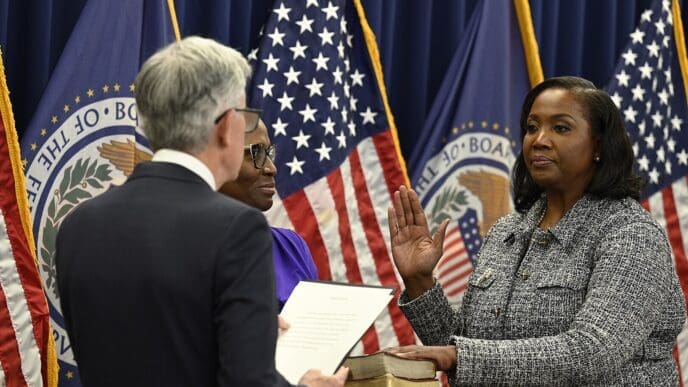Executive Summary
The Story So Far
Why This Matters
Who Thinks What?
President Donald Trump has announced his intention to remove Federal Reserve Governor Lisa Cook, who has countered by stating she will not resign and is prepared to pursue legal action. This highly unusual confrontation raises significant questions regarding the independence of America’s central bank and its potential implications for the US economy, with the possibility of the dispute escalating to the Supreme Court.
Trump’s Pressure on the Federal Reserve
For several months, President Trump has intensified pressure on the Federal Reserve, advocating for interest rate reductions to stimulate the US economy and decrease government borrowing costs. He has frequently criticized Fed Chair Jay Powell, using terms such as “too late” and “numbskull” to describe his policies.
While clashes between presidents and the Fed are not unprecedented, with historical examples like President Lyndon Johnson’s confrontation with his Fed chair in the 1960s, Trump’s current approach marks a significant departure. Unlike past disputes, Trump’s aim extends beyond criticizing Powell to a desire to reshape the entire Fed board with individuals who align with his political views, a move that has made economists and investors uneasy.
The Federal Reserve’s Independent Role
Established in 1913, the Federal Reserve operates with a dual mandate: to maintain stable prices and foster maximum employment for Americans. Crucially, the institution is designed to be independent, allowing it to adjust interest rates without requiring approval from Congress or the President, even if such decisions are politically unpopular.
Allowing political influence to dictate monetary policy carries inherent risks. While initial interest rate cuts might offer a short-term economic boost, they can eventually lead to increased inflation, market instability, and higher borrowing expenses. In 2010, then-Fed Chair Ben Bernanke warned that political interference could generate damaging “boom and bust” cycles and complicate efforts to control inflation.
Market Reaction and Global Implications
Global investors often regard the Fed and US Treasury bonds as a financial safe haven. Any erosion of the Fed’s credibility could lead to higher borrowing costs for the US government, triggering ripple effects across international markets. Such an outcome could undermine global financial stability.
Initially, financial markets appeared to absorb Trump’s latest threats without significant disruption. Major US stock markets, including the S&P 500, showed little change, with traders focusing more on upcoming corporate earnings reports. The dollar experienced a brief decline against major currencies following the president’s remarks but subsequently recovered some ground. The most pronounced reaction was observed in the bond market, where the interest paid by the US on its 30-year bonds rose after Trump’s move to remove Lisa Cook.
The ongoing dispute between President Trump and Federal Reserve Governor Lisa Cook highlights a critical challenge to the central bank’s independence. This unprecedented situation, marked by potential legal battles and a desire to politically influence monetary policy, has raised serious concerns among economists and investors about the long-term stability of the US economy and its global financial standing.
